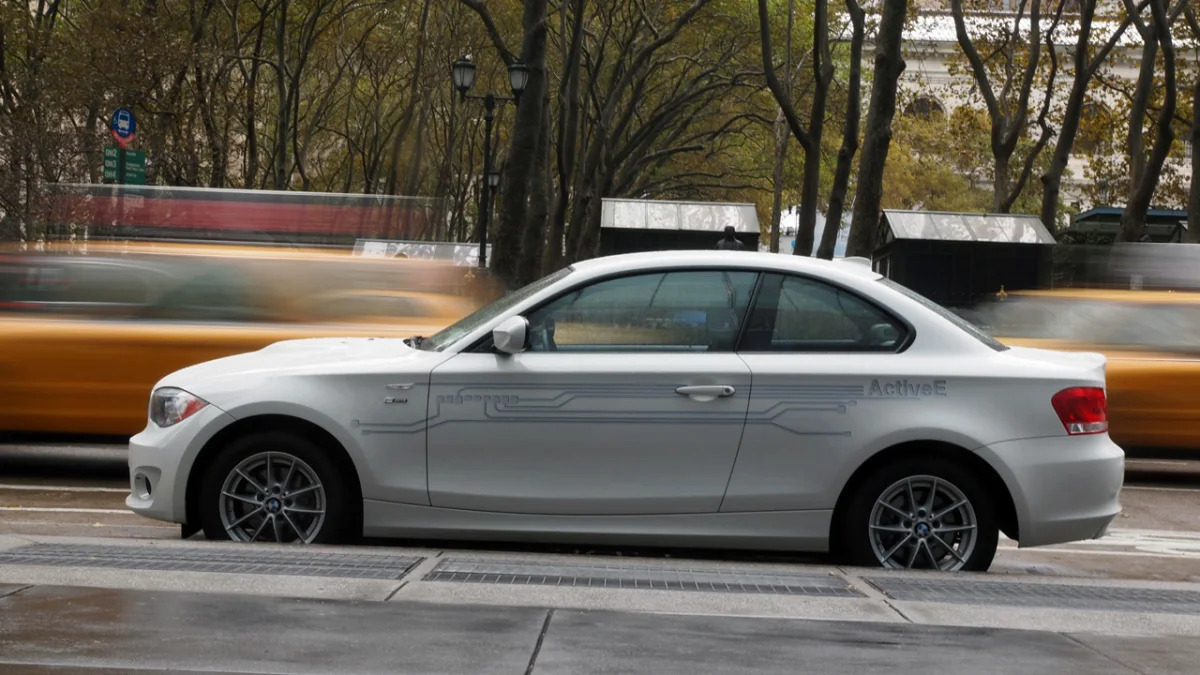BMW chairman Norbert Reithofer says the standards, which would require about a 30-percent improvement over current levels, are "impossible to meet." That is, they are impossible to meet without huge technology investments that will require extra help from government, Australia's Drive website reports.
Reithofer accused the EU of playing politics and said the 2020 standards were set without sufficient analysis. He also added that, when compared to China and the US, the EU undercredits makers of advanced powertrain vehicles in their efforts to meet emissions standards.
This doesn't mean BMW isn't trying to make cleaner vehicles. The company will start selling the i3 electric vehicle, the successor to the lease-only ActiveE, later this year, while the i8 plug-in hybrid goes on sale next year. BMW also showed off a coupe concept version of the i3 at the Los Angeles Auto Show last November. Automotive News recently reported that the i3 will be priced at about $40,000, about the same as a well-equipped 3 Series gas-powered sedan.
*UPDATE: Reithofer's full quote, which puts everything into context, is as follows:
As always, companies need the most reliable framework possible in order to plan for the future. But this can only be achieved with parameters that are based on sound analysis. One example where this is clearly not the case is the recent proposal by the European Parliament to tighten CO2 limits in Europe from 2025 on. This proposal was politically motivated and published without conducting any kind of technical feasibility study. The EU's 95-gram CO2 target for 2020 is already impossible to meet without the use of alternative drive technology. The European Union must decide - as other countries have - whether or not it wants to combine reductions in emissions and fuel consumption with boosting incentives for technological advancements. It is hard to understand why alternative drive trains should only be credited with a factor of 1.5 in Europe – while the same drive train technology is credited with a factor of five in China and a factor of two in the United States. This is not only counterproductive for the industrial base in Germany but also in Europe. And Europe is not currently in a strong enough position to isolate itself from global competition in this way. Automotive markets are already developing unevenly.










Sign in to post
Please sign in to leave a comment.
Continue